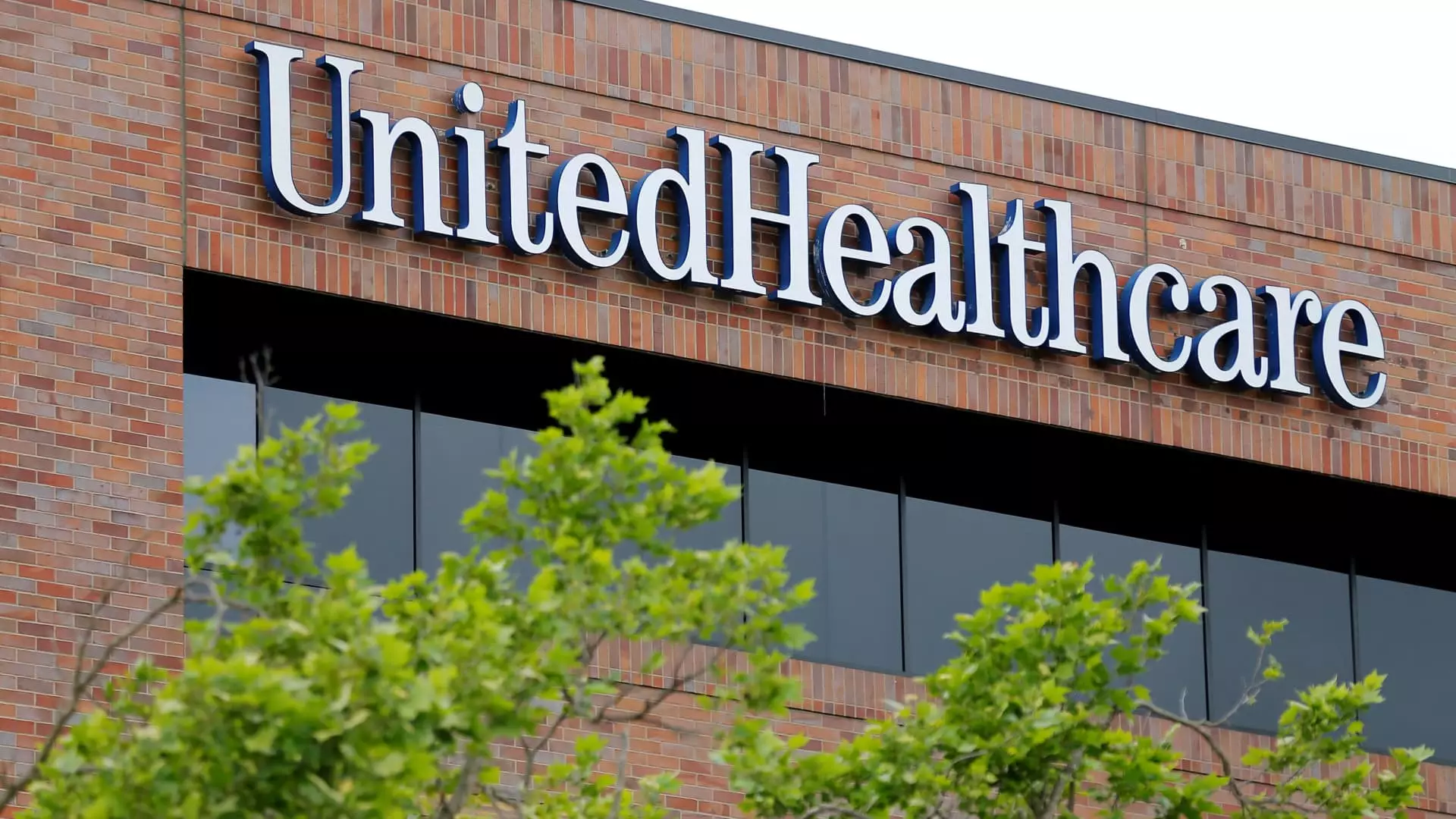UnitedHealthcare, the largest private health insurance provider in the United States and a subsidiary of UnitedHealth Group, finds itself grappling with a series of tumultuous events that have unraveled its position within the competitive and fragile health care industry. The conglomerate recorded a significant 23% drop in its stock value over the past three months, reflecting investor apprehension as a series of challenges unfold concurrently. These issues range from a Department of Justice (DOJ) investigation into Medicare billing practices to internal struggles involving employee buyouts and layoffs, compounded by public disputes with influential figures like billionaire Bill Ackman.
UnitedHealth Group, with its formidable market capitalization of over $420 billion, is reeling from a series of incidents that have raised serious questions regarding its operational integrity and financial management. This turbulent backdrop features the shocking demise of CEO Brian Thompson, further elevated scrutiny following a damaging cyberattack on its subsidiary, Change Healthcare, and rising medical expenses in its insurance division. These pervasive issues have become a powder keg, igniting debates over the insurance industry’s ethics and operational practices.
Recent reports indicate that the DOJ has initiated a civil fraud investigation into UnitedHealthcare’s Medicare Advantage plans, primarily focused on practices regarding diagnosis coding. These plans, which provide additional benefits beyond traditional Medicare, have been criticized for potentially inflating financial figures by incentivizing erroneous or exaggerated diagnoses. A series of investigative articles published the previous year alleged that Medicare may have overpaid the insurance giant billions due to these dubious practices.
UnitedHealthcare’s rebuttal to these allegations was emphatic, dismissing the reports as “misinformation” and asserting that they adhere to the “highest levels” of compliance concerning government regulations. This defensive stance, however, does little to allay the growing concerns among stakeholders. Analysts predict that, while the investigation represents an “incremental overhang,” it could also serve as an extended distraction that may negatively influence long-term operations and corporate reputation.
As UnitedHealthcare navigates the treacherous waters of public scrutiny and internal challenges, it has also embarked on employee buyout programs intended to streamline operations. Reports have surfaced indicating that the organization may resort to layoffs if voluntary resignations do not meet designated targets. This move to cut costs signals a larger trend within the health insurance industry, where many organizations pivot towards digital innovations to improve efficiencies and reduce overheads.
Yet, the idea of layoffs and buyouts casts a shadow over employee morale and corporate culture. In a sector where trust and reliability are paramount, the company’s layoffs could become a breeding ground for discontent, decreasing productivity and compelling talented employees to seek opportunities elsewhere. The interplay of financial exigency and employee sentiment becomes crucial as UnitedHealthcare seeks to balance the scales of fiscal responsibility with maintaining a motivated workforce.
Adding to the chaos, UnitedHealthcare has been publicly embroiled in conflict with Bill Ackman, a notable investor known for his vocal critiques of corporate practices. Ackman’s intervention came in the form of pledging to cover legal fees for a doctor whose complaints against UnitedHealth were made public. His comments reflect not only a personal vested interest in the situation but also underline broader concerns regarding the insurance industry’s practices, particularly the denial of procedures deemed medically necessary.
The fallout from these allegations has the potential to escalate into a larger movement advocating for reform within the health insurance framework. With Ackman calling for regulatory investigations, the very credibility of the leading insurance provider is under siege.
In tandem with these evolving issues, UnitedHealthcare continues to contend with the aftermath of a major cyberattack on its subsidiary, Change Healthcare. The breach resulted in the compromise of sensitive health information for 190 million individuals, prompting significant financial repercussions. Estimates indicate that the company has expended over $3 billion to reimburse affected healthcare providers.
In a landscape where data integrity is crucial, UnitedHealthcare’s struggle with cybersecurity breaches not only diminishes consumer trust but also heightens regulatory scrutiny. As the industry pivots towards digital solutions, the tacit understanding that cybersecurity must concurrently evolve becomes increasingly essential to safeguard against future vulnerabilities.
As UnitedHealthcare navigates these multifaceted challenges, a reckoning is on the horizon. From internal cost-management strategies to external pressures from investigations and public figures, the path forward remains uncertain. Stakeholders, from consumers to investors, are keenly watching how the insurance titan will adapt, recalibrate, and seek to restore faith in its operations amidst a crucible of scrutiny and uncertainty. The future landscape of health insurance may not only reshape the company but could also redefine standards of integrity and accountability within the broader industry.

